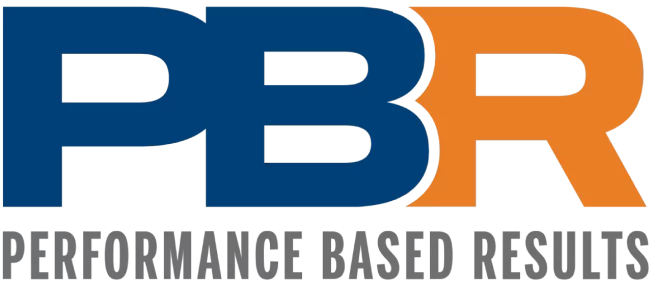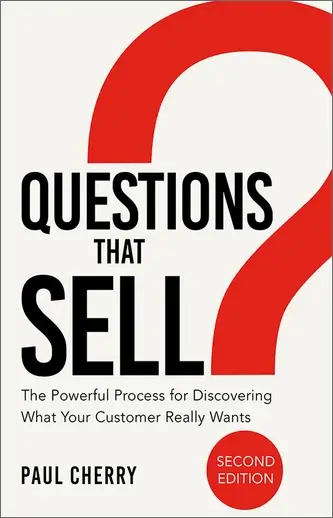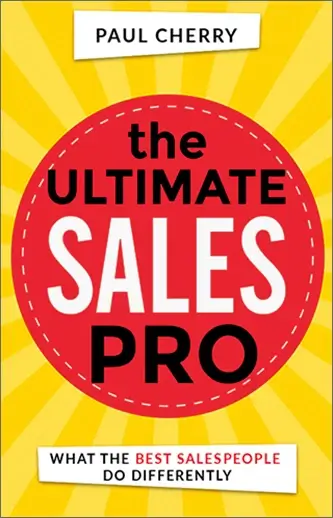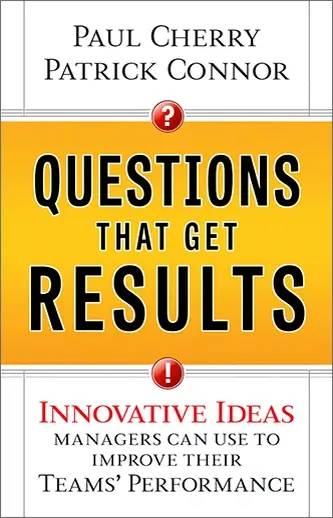As a manager, recognizing your employees by showing your appreciation is the best way to inspire and motivate everyone to do their best work, thrive, and become a go-getter.
Jay Finch, one of my clients, called me after his firm conducted a sales competition among their sales associates. Their managers thought it was a great way to inspire all their employees to do their best work. Just one problem: only one of them could win the competition. Rosemary Pilkington, the winning sales associate, felt appreciated, all right — but the other employees didn’t get that appreciation. In fact, to Jay’s dismay, morale plummeted after this competition! Two sales associates actually tendered their resignations in the six months after the sales contest. When Jay asked one of his top sales associates why she was quitting, she replied, “I’m disappointed with the way my year’s gone. I think it’s time I tried something else.”
Motivating employees – one size doesn’t fit all
Managers like Jay must realize that when it comes to motivating employees, one size doesn’t fit all. Everyone’s motivated by factors as individual as they are. To find out the best ways to motivate your employees, you’ll need to ask each of them questions about themselves and their performance at work. No matter what motivates each employee, it usually boils down to one thing: recognition.
We all want to be recognized and feel appreciated, but different people desire different types of recognition, in and out of the business world.
Here’s a personal example: recently, I had to travel extensively for business. I was in Washington, D.C. for a few days, then I was off to Dallas for a week, and then I spent two nights in New York. It was 10 P.M. on Friday by the time I dragged myself home from this whirlwind business trip. While I’d been away, my wife juggled the responsibility of taking care of our two little girls and holding down her own full-time job. I was tired and stressed because I knew I’d barely have time to unpack before I had to leave for another business trip Monday morning. Meanwhile, having done double duty while I was away, my wife was tired and stressed herself.
Back home, I just wanted to plop down on the couch and relax. My wife was clearly upset with me, but I didn’t know where to start. I put my arms around her. “Honey, how can I help? What do you need me to do?”
She sighed. “I just want to feel like I’m really appreciated around here.”
In these examples, Jay’s sales associates and my wife all craved recognition. It wasn’t immediately clear what type of recognition each person wanted; most likely they didn’t all want the same thing. The one thing they had in common was that they all wanted to feel valued and important — they wanted to feel like they mattered. As a manager, it’s your job to not only dispense appreciation, but to recognize that differences exist within your employee population. Some employees thrive on lavish, public praise, while others value private, understated commendations.
Ask employees how they want to be appreciated
The best way to find out how employees want to be appreciated is to just ask them! This sounds easy, but some managers find themselves stymied because they don’t know the right questions to ask. Using simple praise to try motivating employees can actually pose a problem because the praise seems insincere, or too general to be truly meaningful to an employee. How many times have you told someone “Great job!” or “Nice work out there”? To many employees, those phrases are so generic and overused that they’ve virtually lost all meaning. Jump-start the conversation by giving specific praise and following it up with a question:
- “You did a good job meeting the deadline on that project. How’d you manage to get it done so quickly?”
- “I like the strategy you used with that client. What made you decide to pursue that path?
- “I think it’s terrific that you’ve taken Brenda under your wing. What have you found is the best way to teach new employees all that they need to learn?”
- “I admired the way you kept your cool in that meeting while everyone else was so agitated. How do you always stay so calm?”
- “Your presentation this morning was informative and entertaining. Where did you learn to be such a great public speaker?”
- “Over the past three months, your organizational skills have kept the team moving in the right direction. Have you always felt comfortable as a leader?”
As you can see, these motivational questions aren’t scripts you have to follow. Rather, they’re questions to get the conversation flowing so that you can recognize your employee by showing your appreciation. Your employee will then have a chance to show you his personality traits and professional needs.
What if you’re faced with a situation in which an employee doesn’t seem motivated? To get at the root of the problem, you still want to start out with sincere praise. You have to look for at least one characteristic you admire about your employee, then ask questions to uncover his motivational needs, even if that means spinning their negative traits into positives! For example:
- To an employee who stews all day in his office:
“I like your intensity. Have you always been so intense when it comes to your work? What can I do to help your time here be less stressful?” - To an employee who has trouble meeting deadlines:
“I appreciate how much time and attention you give to the details in your reports. Unlike the reports I get from others, yours never have mistakes. What steps do you take to make sure your reports are flawless? How long does that process usually take? Do our usual deadlines give you enough time to prepare your reports? What can we do to help so that your reports arrive before the deadline, without losing your trademark flawlessness?”
If you want your employees to perform above and beyond expectations, tailor your motivational pep talks and incentives to their individual recognition needs. When your employees feel appreciated, a working stiff turns into a go-getter and is jazzed to do their best — the sky’s the limit!






